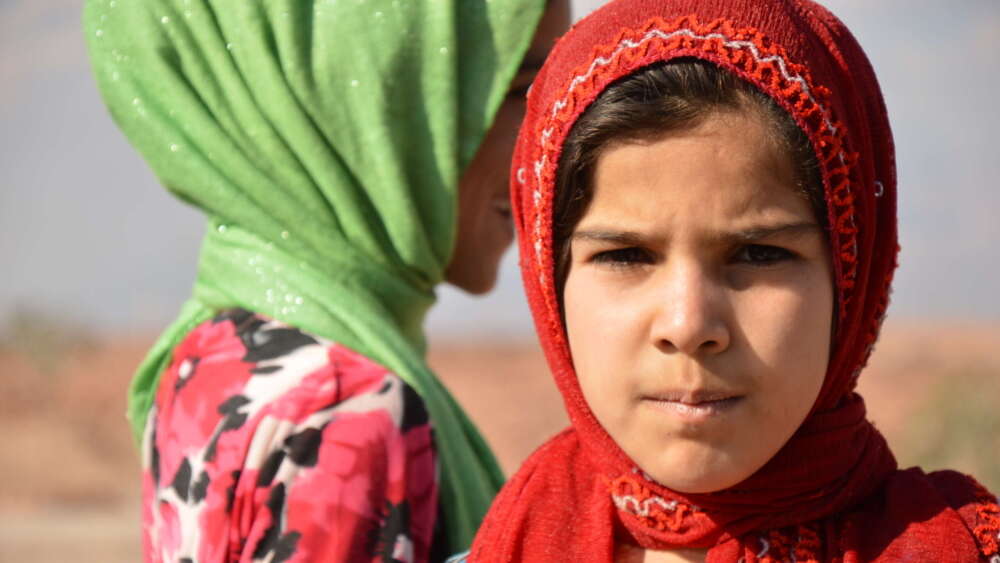Afghan children have been plunged into an “abyss of suffering” due to starvation, early marriage and child labour, according to a new report released today by World Vision Australia.
The report – “Afghanistan: A Children’s Crisis” – comes one year after the Taliban seized control of the country, on August 15, 2021.
Its findings are based on a survey of more than 800 parents, caregivers and their children, and it paints a bleak picture of how lives have been impacted.
More than 53 per cent of children in four north-western provinces are acutely malnourished – and across the country, 95 per cent of people don’t have enough food. In Badghis, Ghor, Faryab and Herat, the average household income is just AU$1.35 a day.
“Children are having their childhoods ripped away. Even pure survival is now a challenge.” – World Vision Australia CEO Daniel Wordsworth
The report also found that seven out of ten boys and over half of all girls were sent to work rather than attending school.
“Children are having their childhoods ripped away. Even pure survival is now a challenge for many of these children who have been drawn into an abyss of suffering,” said World Vision Australia CEO Daniel Wordsworth.
“This is a country in freefall. Life has been tough for a long time in Afghanistan, but it has only been exacerbated by political conflict, economic and climate-driven events, and the lingering impact of the COVID-19 pandemic,” he continued.
“The situation has become so bad that parents are having to make very difficult decisions as their children starve. They must either send them to work or arrange child marriage to ensure the family’s survival. Some families are telling us they can’t even access seeds to eat.”
Other stories shared with World Vision staff include severely nourished babies whose siblings have already died, children missing school to collect water due to drought, and young girls cowering in fear as the men they’d been promised to in marriage try to take them home. One 12-year-old girl, Farida, told World Vision: “Getting a divorce is the only dream I have in my life”.
66 per cent of children are showing signs of mental health issues.
The report revealed that Afghanistan’s public health system is in turmoil, creating significant risks for women and children. Sixty-four per cent of babies are delivered at home, and less than a third of births are attended by a skilled professional. The diminishment of health services and trained personnel is contributing to a rise in infant and maternal mortality.
As a result of the crisis, 66 per cent of children are showing signs of mental health issues.
“World Vision had made some hard-won development gains in the past two decades. We started to open doors for new opportunities and brighter futures for Afghanistan’s girls and boys. These are now at risk of being lost, forever,” said Wordsworth.
In the past year, World Vision Australia has helped 1.1 million Afghans, supplying food, clean water, health, nutritional and psychosocial support, as well as protection and education services. However, in the last 12 months alone, the number of people facing acute hunger increased by 60 per cent to 18.9 million.
“World Vision has not forgotten about the people of Afghanistan, but we need Australians to remember them too,” said Wordsworth. “A $30 million contribution to Afghanistan by the Australian government, as part of a $150 million famine package to help tackle the global hunger crisis, would be a great first step.”
Email This Story
Why not send this to a friend?


